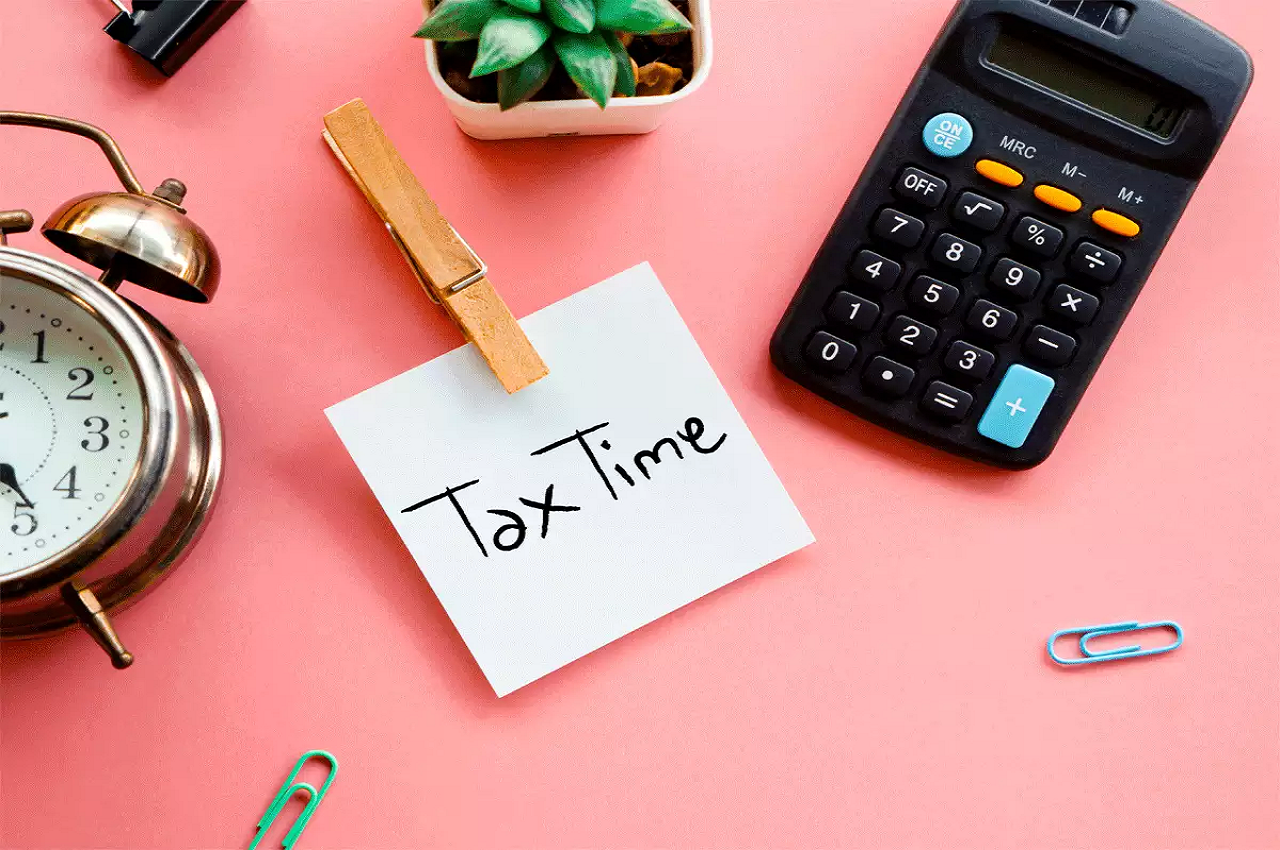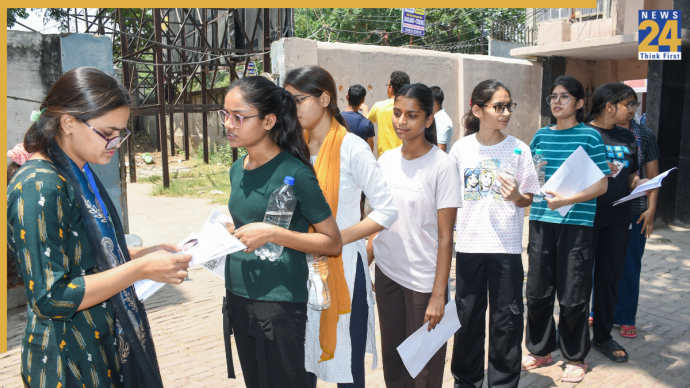Fixed deposits (FDs) are among the safest investment options in India. Offered by all leading banks in the country, these investments require you to make a lump sum deposit for a fixed investment tenor. Over this period, you will earn interest at a predetermined rate on the amount deposited. This interest can either be reinvested in the deposit (as in the case of cumulative FDs) or paid out to you at regular intervals (as in the case of non-cumulative FDs).
If you are a conservative investor, you may be keen on opening an FD account with banks that offer the highest FD interest rates in the market. However, you need to also account for the impact of taxes on your fixed deposit interest because FD returns are not tax-free. Let’s take a closer look at the impact of taxes on FD returns and how TDS on FD interest works.
How is FD Interest Taxed?
The interest that you earn from a fixed deposit is taxed as a part of your annual income, under the head of ‘income from other sources.’ So, if you fall in the 30% tax bracket, you will have to pay tax on your FD interest at the same rate. This means that while it may be beneficial in many ways to obtain the highest FD interest rates, you will also have to account for the increase in your tax liability, if any.
Let’s take a closer look at an example to understand the taxability of FD interest. Say you earn ₹2 Lakhs as FD interest during the year and an annual salary of ₹12 Lakhs. In this case, assuming you have no other deductions, your total taxable income will amount to ₹14 Lakhs, and the appropriate tax slab will be applicable to you.
TDS on FD Interest in India
Since fixed deposit interest is categorised as income from other sources, banks deduct TDS at source from the interest income. Here are the key details you need to know about TDS on FD interest.
- The bank will deduct TDS on your FD interest if the total interest you earn from all the fixed deposits with a bank exceeds ₹40,000 (or ₹50,000 if you are a senior citizen).
- Tax is deducted at the rate of 10% from your FD interest.
- If you do not provide your PAN, the rate of TDS applicable will be 20%.
This essentially means that even if you are earning the highest FD interest rates in the market, your post-tax returns will be much lower.
As a recent report by FundsIndia’s Wealth Conversation revealed, the average interest rates for 6-month fixed deposits were around 5% per annum in May 2023. This was applicable to various leading banks like the State Bank of India, Punjab National Bank, HDFC Bank and ICICI Bank. However, the post-tax interest only amounted to 3.49% per annum. As for 5-year fixed deposits, the average interest rate was about 6.75%, but the post-tax return was only 4.9%.
These details only go on to show that when you are planning to invest in a fixed deposit, you must factor in the TDS on FD interest to figure out the true post-tax returns. This way, you will have more clarity on the exact interest amounts you earn during the year, after netting off the taxes.
Is TDS Always Deducted from FD Interest?
No, tax is not always deducted from the fixed deposit interest earned. If the total interest you earn from all the FDs you have with a bank does not exceed ₹40,000, no tax will be deducted. For senior citizens, this limit is ₹50,000. This effectively means that when you opt for the highest FD interest rates in the market, you may run the risk of your total interest exceeding this threshold limit.
Alternatively, if your total income for the year is less than the basic exemption limit as per the Income Tax Act, 1961, you can submit Form 15G to the bank (or Form 15H if you are a senior citizen). The bank will then refrain from deducting TDS on FD interest for your deposits.
If your bank has deducted tax at source from your FD interest, and if the TDS exceeds your tax liability, you can claim a tax refund. To do this, you must file your income tax returns within the due date specified for the relevant assessment year. The Income Tax Department will verify your claim and process the tax refund at the earliest.
Conclusion
This sums up the key details of TDS on FD interest. The bottom line is that the actual post-tax interest you earn from your fixed deposit is always lower than the gross interest offered on the FD. So, even if you may be technically receiving the highest FD interest rates in the market, you will have to account for TDS and be aware of the post-tax returns. This will help you plan your investments more efficiently and help you save up for your financial goals in an optimal manner.













